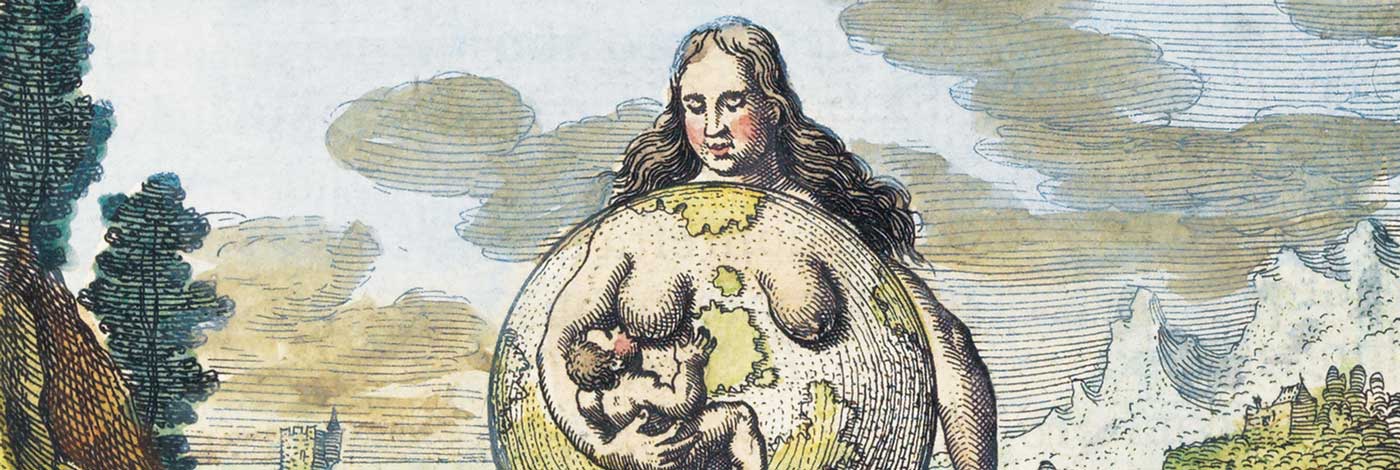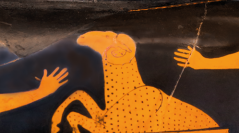

 Anthropozoologica
59 (1) - Pages 1-13
Anthropozoologica
59 (1) - Pages 1-13Studies on the history of medieval Arabic zoology have been given a new impetus in recent years, thanks to a historiographical renewal that brings together the views of the philologist, the historian, and the biologist. These recent works have made it possible to highlight a truly “scientific” methodology in the works of the Arab scholar al-Ğāḥiẓ (776-868). His work is an objective study of the animal world through observation, description and experimentation. The Ğāḥiẓian zoology, heir to the works of Aristotle but is also dependent on a local naturalist culture (pre-Islamic Arabic, Indo-Persian). This appears as a crossroad between scholarly sources and empirical knowledge, between contemplative attitude and investigation aiming at rational explanations of biological phenomena. The statements of Aristotle or other authorities are discussed in the light of observation, subjected to the critical examination of reason. Defending a historical and contextualised approach to the life sciences, we would like to focus on the biologist’s point of view in the process to understand ancient texts and the methods of access to knowledge that emerge from them, and to examine the extent to which the medieval scholar, in a different conceptual and methodological framework, works on the explanation and demonstration, between assimilation and discussion of sources, recourse to observation and experience and use of reason.
Arabic zoology, scientific method, sources.